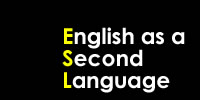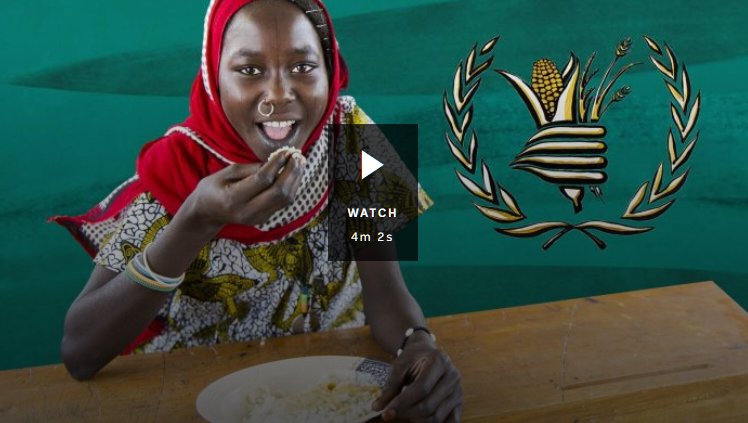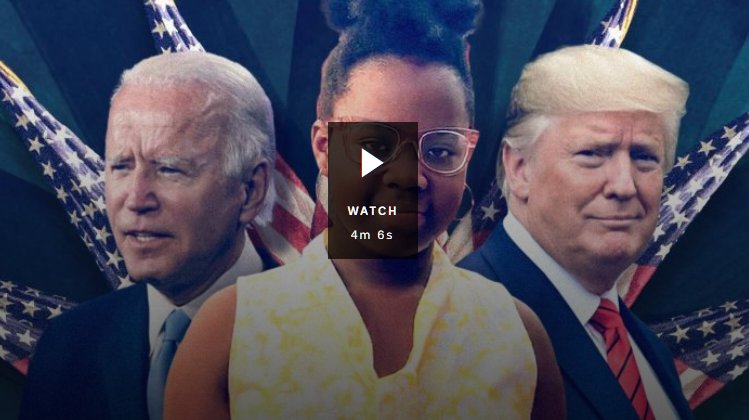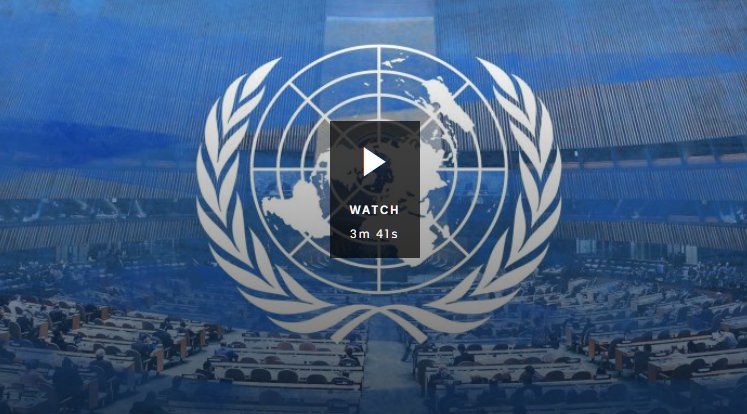リーディング&リスニング “World Food Programme”
留学するための無料英語学習教材 オーストラリア人気教育番組 ”BTN”
エピソード29の ”World Food Programme“を リーディング&リスニング。
公式サイトから字幕付きで視聴するか、動画と字幕をダウンロードして携帯で繰り返し再生できます。最新の時事問題の勉強にもなり一石二鳥です。音声のみファイルもダウンロードできます。
Introductionの内容
Recently the World Food Program was named as the 2020 Nobel Peace Prize recipient for its work fighting hunger and providing essentials to people in disaster zones. We find out more about what the World Food Program is and why it’s earned one of the world’s most prestigious prizes.
最近、世界食糧計画は、飢餓と闘い、被災地の人々に必需品を提供したことで、2020年のノーベル平和賞受賞者に選ばれました。 世界食糧計画とは何か、そしてなぜそれが世界で最も権威のある賞の1つを獲得したのかについて詳しく見ていきます。
Welcome to the Nobel Peace Prize hall of fame. Not the real one. The list of world leaders, passionate campaigners and famous institutions that have worked hard to make the world a better place. And now there’s a new member of this prestigious group.
BERIT REISS-ANDERSEN, NORWEGIAN NOBEL COMMITTEE: The Norwegian Nobel Committee has decided to award the Nobel Peace Prize for 2020 to the World Food Programme.
The World food programme is actually a branch of the United Nations which is devoted to making sure people have enough to eat.
GEMMA SNOWDON, WORLD FOOD PROGRAMME: So the World Food Program was started in 1961, when the US president at the time, wanted to test what it would be like providing food aid in humanitarian emergencies.
The test was a success, the world food programme saved lives, and since then it’s helped people through some of the world’s worst wars, natural disasters, and famines. Cut to today, and they’re just as important as ever.
GEMMA SNOWDON: Hunger, globally, is growing, unfortunately. And when we talk about hunger, we mean that people aren’t able to put food on the table.
Gemma works in Bangladesh, where the world food programme is helping more than 800,000 Rohingya refugees. They’ve had to leave everything they had because of violence in their home country. And now, COVID 19 is making things even harder.
GEMMA SNOWDON: Our main role here is to ensure that people have food to eat, and they have dinner on the table every single night.
But Gemma says her team has a little bit of help.
GEMMA SNOWDON: Let me introduce Foxtrot, who is our WFP mascot, who we found on the beach here in Cox’s Bazar.
GEMMA SNOWDON: He has a very special list of roles and responsibilities at WFP. His number one role is actually to improve staff morale. It can be extremely stressful working in an emergency, there are long hours, lots of challenges to overcome.
Gemma says sometimes workers have to get food into some pretty remote, and dangerous places.
GEMMA SNOWDON: There are so many ways the WFP delivers food to people and it really depends on the situation that we’re delivering to. Sometimes in a major emergency or conflict, then we’ll have to use things like helicopters or planes and even do food drops, where we do a flyover, and we drop food. Otherwise, we will also use trucks, we use boats, we use any methods necessary, really.
But it’s not just about emergency relief, the WFP works with farmers and governments to try and prevent hunger.
All of this work is expensive. The WFP gets all of its money from voluntary donations, made by governments around the world, including Australia’s, businesses, and ordinary people. Many are hoping that the Nobel Prize win will encourage more people to donate. But for the people who work for the World food Programme, it was a surprising, but much appreciated moment of recognition.
DAVID BEASLEY, EXECUTIVE DIRECTOR, WORLD FOOD PROGRAMME: This is unbelievable. Talk about the most exciting point in your life, the Nobel Peace Prize, it is because of the WFP family.
GEMMA SNOWDON: It’s humbling to be recognized with the Nobel Peace Prize this year, definitely. But I also think it’s incredible. Not because WFP won, but because this is an opportunity to put hunger on the global agenda again.
As for Foxtrot, well, he’s not letting it go to his head, but I’m sure deep down he’s pretty pleased with himself.
https://www.abc.net.au/btn/classroom/world-food-programme/12769304



